Contents
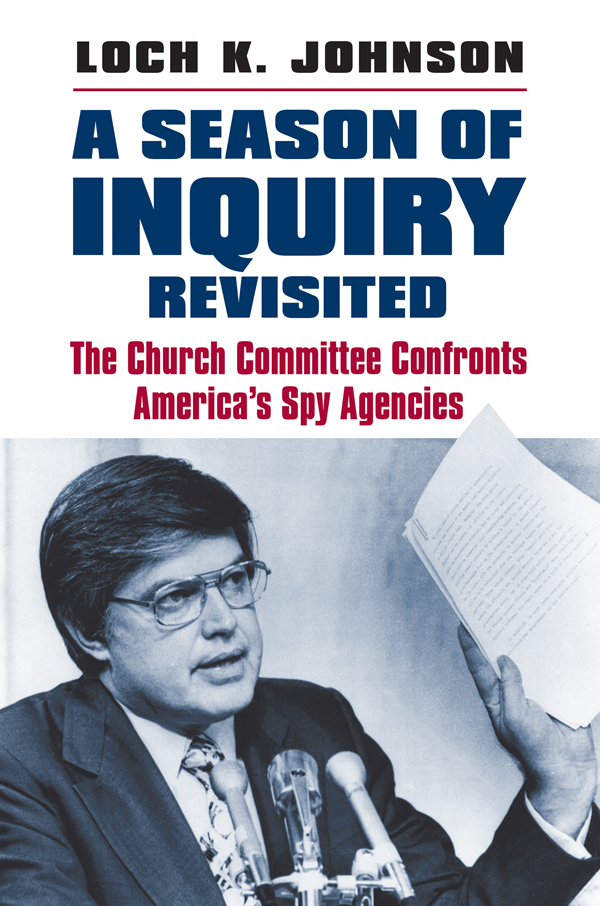
A Season of Inquiry Revisited
A Season of Inquiry
Revisited
The Church Committee
Confronts Americas Spy
Agencies
Loch K. Johnson
 University Press of Kansas
University Press of Kansas
1985 by The University Press of Kentucky
2015 by the University Press of Kansas
All rights reserved
Published by the University Press of Kansas (Lawrence,
Kansas 66045), which was organized by the Kansas
Board of Regents and is operated and funded by
Emporia State University, Fort Hays State University,
Kansas State University, Pittsburg State University, the
University of Kansas, and Wichita State University
Library of Congress Cataloging-in-Publication Data
Johnson, Loch K., 1942
A season of inquiry revisited : the Church committee
confronts Americas spy agencies / Loch K. Johnson.
pages cm
Includes index.
ISBN 978-0-7006-2147-7 (hardback)
ISBN 978-0-7006-2154-5 (ebook)
1. Intelligence serviceUnited States. 2. Governmental
investigationsUnited States. 3. Legislative
oversightUnited States. I. Title.
JK468.I6J64 2015
327.1273dc23
2015026513
British Library Cataloguing-in-Publication Data is available.
10987654321
The paper used in this publication is recycled and
contains 30 percent postconsumer waste. It is acid free
and meets the minimum requirements of the American
National Standard for Permanence of Paper for Printed
Library Materials Z39.48-1992.
To Leena, with love and devotion
This renewed publication of Season of Inquiry
is dedicated with admiration to
Senator Frank Church and Vice President Walter Mondale
You see, the way a free government works, theres got to be a housecleaning every now and then.
Harry S. Truman
Contents
List of Tables
Foreword to the 2015 Edition
The first iteration of Season of Inquiry (this being the second) was published in 1985, a decade after its subjectthe US Senate investigation of Americas secret agencies in 1975had come to a close. I had served on the investigative committee as special assistant or designee to the chairman, a Democrat from Idaho by the name of Frank Church, one of the Senates foremost experts on foreign policy. My intention in writing the book was to provide the public with a glimpse into how a congressional investigation works, warts and all, and to help inform my fellow citizens about key issues related to the hidden side of our government, the nations espionage agencies. The investigation proved necessary because the Central Intelligence Agency (CIA or The Agency) had been charged by the New York Times in 1974 of spying at home, against the very people it had been mandated to protect in its founding document, the National Security Act of 1947.
The allegations of domestic spying sent a shock wave through the political establishment in Washington, DC, and across the nation. Fears of a gestapo inside the United Statesa concern raised by some in 1947 during the debate over the wisdom of creating a CIAsuddenly seemed less far-fetched. This uneasiness about the secret powers of the intelligence agencies was fueled by the publics recent experiences with the Watergate scandal, in which a president had lied to the American people in an attempt to cover up a late-night GOP break-in to the Democratic presidential campaign headquarters, located in a suite at the Watergate Hotel in Washington, DC. The scandal drove Richard M. Nixon from the presidency in 1973, rather than face an impeachment vote in the Senate which he was likely to lose. Moreover, the nation had just gone through the Vietnam War, the most wrenching combat experience for America since the Civil War. The conflict in Vietnam had divided the nation into hawks and dovespro- and antiwar factions. Even those moderates in between remained concerned over allegations that presidents Lyndon B. Johnson and Nixon had been less than forthcoming with the public regarding the progress of the war. In 1971, the controversial leaking to the New York Times of the Pentagon Papers, comprising extracts from a then top secret Department of Defense study of the war, reinforced the widespread sense that neither president had been fully truthful with the American people about setbacks in the jungles of Vietnam.
Coming on the heels of these deep rifts in the country, the notion of Big Brother spying against citizens captured the headlines of the nations newspapers and was enough to move lawmakers and the White House (now led by President Gerald R. Ford) toward a major probe into the dark side of government, heretofore a security domain left largely to itself. In January 1975, both the House of Representatives and the Senate rushed to assemble panels to examine the allegations published in the Times; and the White House, wishing to avoid being accused of whitewashing a spy scandal, followed suit by creating a special investigative commission of its own, chaired by Vice President Nelson Rockefeller.
The House panel floundered at first under weak leadership but rallied under a new chairmanOtis Pike (D-NY), who met on Capitol Hill with his Senate counterpart, Frank Church, to divide up the investigative work rather than duplicate efforts. The Pike committee would focus mainly on analytic mistakes made by the CIAthat is, its errors in understanding and forecasting world affairs; the Church committee would take on the question of illegal CIA spying at home, along with the topic of whether or not other agencies in the nations intelligence committee had engaged in operations that transgressed the law.
Both realms of inquiry were important. The focus of the Church committee, however, was certainly a hotter potato to handle. Violation of the fundamental charters of the espionage agencies, which domestic spying would have entailed, was a matter of utmost seriousness in a democracy based on the rule of law. The very survival of the CIA and its companion secret services might be at stake, had they proved to be impervious to the nations legal boundaries. The Rockefeller Commission was never part of the ChurchPike accord to divide up the investigative terrain, as one might expect in a government based constitutionally on a doctrine of separate institutions (the Congress, the presidency, and the judiciary); the White House went its own way, choosing to concentrate on the charges of illegal domestic spyingan overlap with the Church committee. Even on Capitol Hill, the ChurchPike accord was general and vague, and the Church panel ended up assigning some of its staff to look at intelligence analysis too. The Church committee, with its 150 staff members, dwarfed the size of the Rockefeller and Pike staffs and was able to take on a wider array of investigative topics.
As it turned out, the Rockefeller Commission completed its work within a few months by directing its attention mainly to the subject of illegal CIA mail opening. It issued a report that was much more hard-hitting than critics had anticipated, sharply chastising the Agency for its domestic espionage activities (even though some of this spying, but not all, had been at the behest of the Johnson and Nixon administrations). The Pike committee, riven by ideological and managerial disputes, lasted a few months longer into 1975, but eventually self-destructed. Critics accused the panel of being biased against the CIA from the start, incompetent in its handling of classified materials, and confrontational in its methods of inquiry. However talented Pike and several of his colleagues were, the chairman proved unable to guide his committee toward a successful public reporting. At the eleventh hour, the full House voted to bottle up the Pike committees top-secret draft report, which in February of 1976 leaked to the





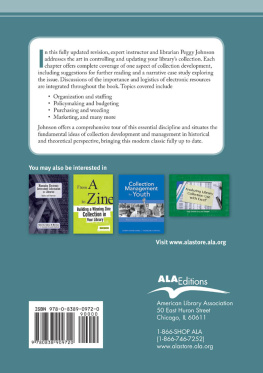

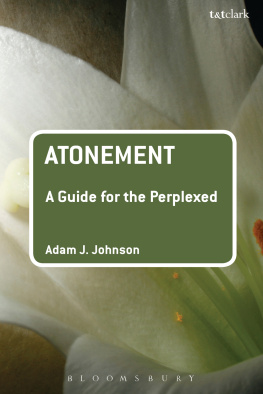
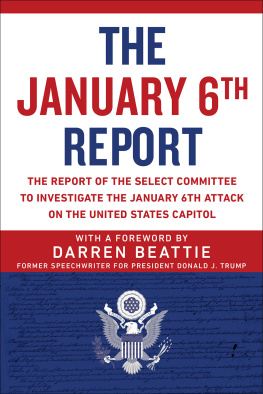
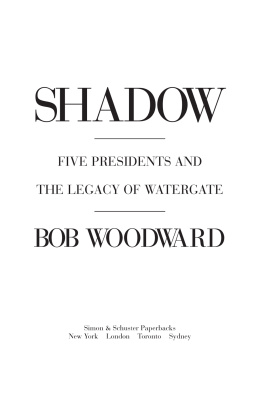

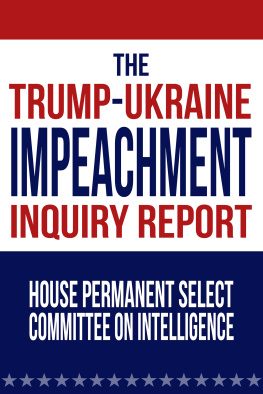
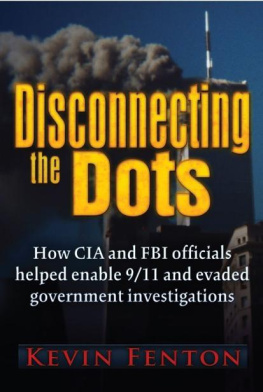
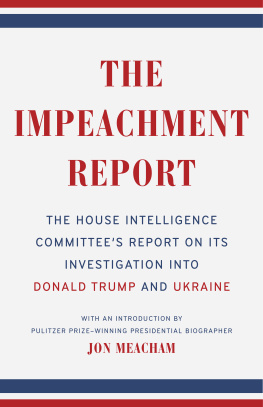
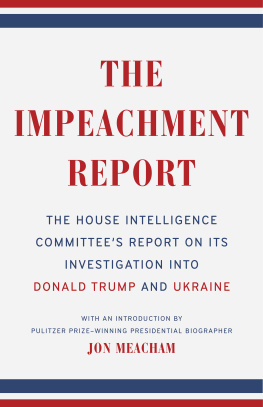
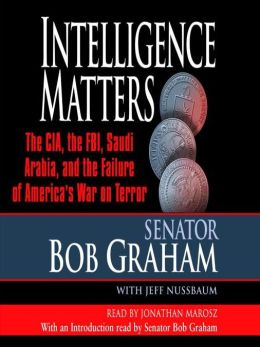
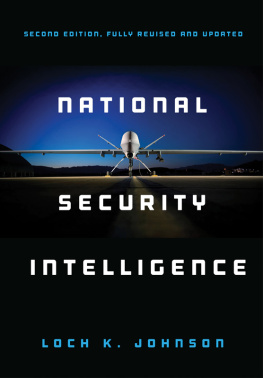
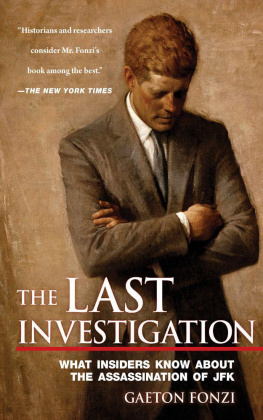


 University Press of Kansas
University Press of Kansas